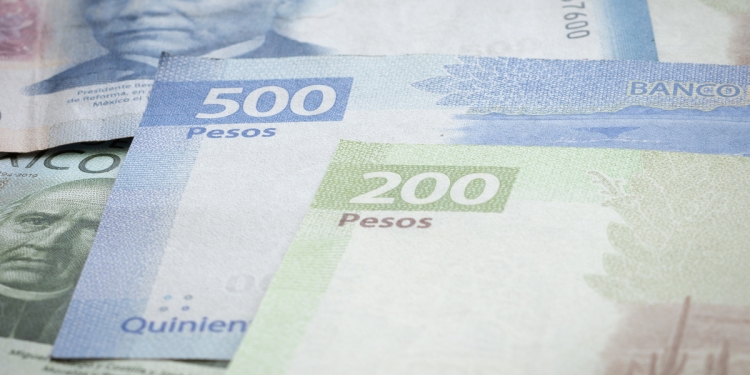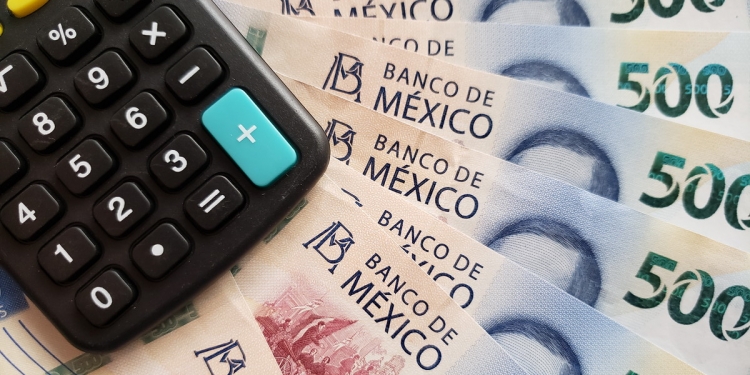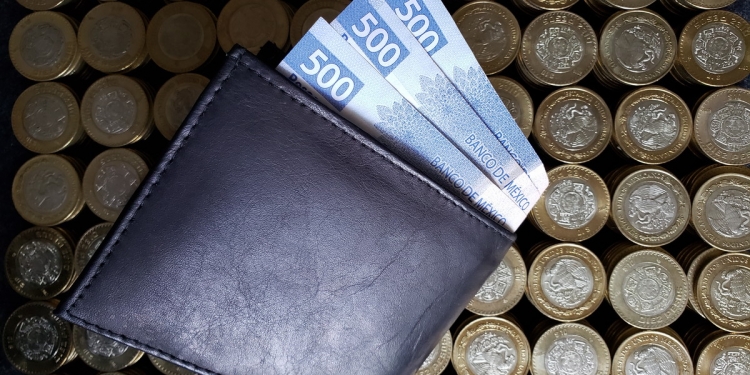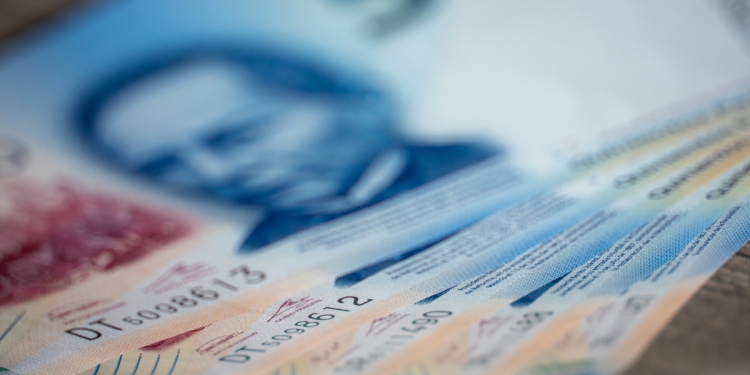On Friday December 1, Mexico’s government announced that the country’s official general daily minimum wage (Salario Minimo) will rise by 20% as of January 1, 2024.
Mexico’s Daily Minimum Wage for 2024
As of January 1, 2024, Mexico’s daily minimum wage will rise from to $207.44 to $248.93 pesos per work day.
The rate for 2024 along the ‘Northern Border Zone’ will be increased from $312.41 to $374.89 pesos per work day.
This latest increase marks the sixth consecutive year that Mexico has implemented double-digit percentage increases in the minimum wage. Adjusted for inflation, Mexico’s general daily minimum wage has more than doubled since 2018, and it has more than tripled along the ‘northern border zone’ over the same period.
In the years before 2018, the minimum wage had been raised more-or-less in line with official annual inflation, to avoid a wave of wage demands that could cause a spiral of increases in prices and wages which would eventually have the most impact on the poorest people. The problem was that the minimum wage has for years been so low that it isn’t enough to for a single person to live on, never mind a whole family.
The uncoupling of minimum wage to official prices
The decision to start raising the daily minimum wage more than other wages in a bid to even-up earnings took several years to implement. First it was necessary to uncouple thousands of official prices —including things like speeding fines and home loans— which for years were determined in multiples of the minimum wage.
For example, a big increase in the minimum wage level would have made hundreds of thousands of mortgages from the government-run agency Infonavit unaffordable.
The process of creating a new unit of value to replace the minimum wage for those prices took more than a year. There was also a need to take into consideration studies on the possible effects that the change would have on wages and employment. In 2016, Mexico introduced the Unidad de Medida y Actualización (UMA) to enable minimum salaries to rise without adversely affecting other official costs and charges.
Recent history of Mexico’s official daily Minimum Wage rises
As the table below illustrates, Mexico’s official daily minimum wage has risen significantly over the last eight years—far outpacing the rate of official inflation over the same period.
| Year | DMW (MXN Pesos) | YoY % Rise |
| 2016 | $73.04 | 4% |
| 2017 | $80.04 | 9% |
| 2018 | $88.36 | 10% |
| 2019 | $102.68 | 16% |
| 2020 | $123.22 | 20% |
| 2021 | $141.70 | 15% |
| 2022 | $172.87 | 23% |
| 2023 | $207.44 | 20% |
| 2024 | $248.93 | 20% |
Northern border region
In 2019, Mexico introduced a ‘Northern Border Zone’ with a minimum daily wage rate of $177.72 pesos a day. The ‘Northern Border Zone’ is a defined set of municipalities in Mexican states bordering the USA.
| Year | DMW (MXN Pesos) NBZ | YoY % Rise |
| 2019 | $177.72 | N/A |
| 2020 | $183.56 | 20% |
| 2021 | $213.39 | 15% |
| 2022 | $260.34 | 23% |
| 2023 | $312.41 | 20% |
| 2024 | $374.89 | 20% |
DMW=Daily Minimum Wage.
YoY=Year-over-Year.
NBZ=Northern Border Zone.
The effect of minimum wage rises on Mexico residency applications
The financial criteria required to obtain legal residency in Mexico may be calculated using Daily Minimum Wage figures OR UMA. For further information about this, read: Mexico’s UMA and Residency Qualification Criteria.
Calculating the cost of living in Mexico
Our guide to the Cost of Living in Mexico is a comprehensive source of information about prices in Mexico that can help you to form a detailed budget based on your individual plans and circumstances.







